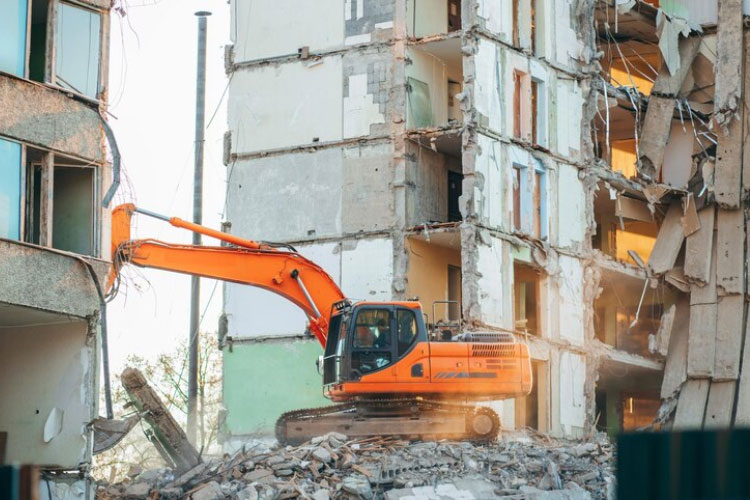The part of the city which is built in the first phase of the city formation is known as the urban core. This urban core gets saturated with the passage of time. Low rises, unplanned structures, old and weak structures, etc. are the characteristics of the urban core. It has to be redeveloped to match the current developmental style with high rises, planned layouts, etc. This piece of writing is a guideline for the process involved in the redevelopment of co-operative housing societies.
1. Feasibility Report
It consists the information related to the technical, financial aspects of a project. Approved Building plan, Carpet area of the apartments, Floor Space Index (FSI) consumed, Transfer of Development Rights (TDR) are the documents which make up the report. It is advisable to get an Architect or a Project Management Consultant (PMC) involved in the making of the Feasibility Report.
2. Legal Documents
It is very important to appoint a Lawyer with good experience to be consulted for each and every stage of the redevelopment process. Legal language is of utmost in the whole process of documentation. Legal issues with the ownership or possession of the land can delay redevelopments of buildings to unimaginable duration.
Some of the documents considered very important are: –
- Chain and Triangle Survey (CTS) plan
- Property Card (or) 7/12 extract
- IOD Plan
- Occupancy Certificate (OC)
- Audited financial statements for the last three years
- Copy of updated byelaws
- Registration certificate of the society
- List of committee members
- Setback area details
- Physical plot area measurements
- Details of all society members, including their unit sizes as per the actual plan
3. Valuation Report
It is given by a Registered Valuer enrolled with the Insolvency Board of India (IBBI) or under the Wealth Tax Act. He will consider the all the inputs concerned and give a value for the entire co-operative housing society. It is an important document required to acquire financial support from the Banks or the NBFCs.
4. Government Approvals
Luckily there is a single window clearance for self-development projects in the state of Maharashtra. There are around 55-60 approvals required for self-redevelopment projects which include Coastal Regulation Zone (CRZ) Clearance, Environment Clearance, NOCs from traffic, fire, Defense, railways and aviation departments. MHADA is the supervising authority for self-development.
5. Developers
It is a tedious task to take up this whole process into own one’s hands. Builders or developers are specialized agencies who can handle all the nitty and gritty of the subject. They become a one point of contact between the professional such as Architects, Structural Engineers, Contractors and the society management. But identifying a good developer is also a task for the society members. Below are a few points to keep in mind while selecting a developer: –
- He should have prior experience of engaging in the development of around two lakhs of built-up space.
- One should look at the balance sheet of the developer for the past three years.
- The developer should be well leveraged to complete the task of the work.
6. Structural Audit Report
As per the norms laid down, a structural audit of the building is to be done once in every five years since completion of 15 years of the building. It is provided by a certified civil engineer. The procedures employed are Visual Inspection, Non-Destructive Testing and Analysis Report.
It is a good investment to buy property in buildings with redevelopment prospects. It yields awesome returns financially and emotionally. The above parameters would form an indispensable part of the due diligence part of the buyer. One should be cautious in treading this arena. A good real estate consultant will be your right hand in your goal of achieving your dream.




